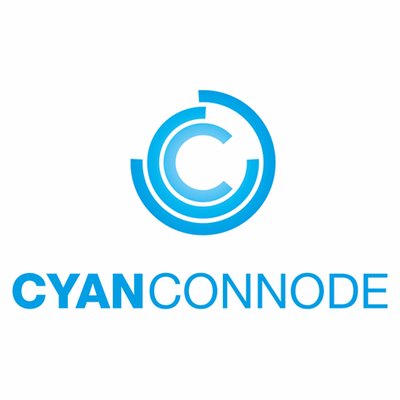A quiet shift is happening within the energy sector with the rise of smart meters. Far more than digital replacements for traditional meters, these devices signal a shift toward a more efficient, connected, and intelligent energy system. To understand this change, it’s essential to know what smart meters are and how they work.
Traditional meters, typically found in households and businesses, are mechanical devices that track electricity usage for billing purposes. For each billing cycle, a representative from the utility company must manually read these meters. In contrast, smart meters operate digitally and provide continuous, real-time energy consumption data. This information is transmitted remotely to the utility provider, eliminating the need for manual readings and enabling more accurate, timely billing. Beyond improved billing, smart meters offer instant monitoring of energy usage and can report power outages as they happen.
The uptake of smart meters has been swift, with the Institute for Electric Innovation reporting over 107 million installations in the United States by the end of 2020. The expansion of smart meters aligns with the broader integration of devices within the Internet of Things (IoT). The Institute describes smart meters as the “fundamental building block” for developing a modern, distributed energy grid. This transition marks an essential step towards the energy systems of tomorrow.
Smart meters function similarly to traditional ones by recording energy usage, but they go further with a two-way communication system. This system allows them to send usage data to providers and receive updates or instructions back. Communication technologies such as cellular networks, power line communication (PLC), or radio frequency (RF) mesh networks enable these meters to connect with the broader IoT infrastructure. Given the sensitive nature of the data they handle, smart meters include multiple layers of security, from encryption to strict access controls, to safeguard user information.
Smart meters are more than just measurement tools; they represent a pivotal shift towards a digital, automated energy infrastructure. By supporting real-time data sharing and seamless integration into the IoT, these devices are laying the groundwork for a more adaptable and responsive energy grid.
CyanConnode Holdings plc (LON:CYAN) is a world leader in the design and development of Narrowband RF mesh networks that enable Omni Internet of Things (IoT) communications.


